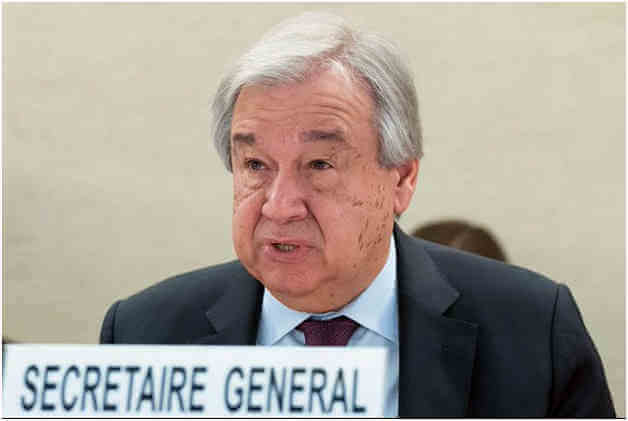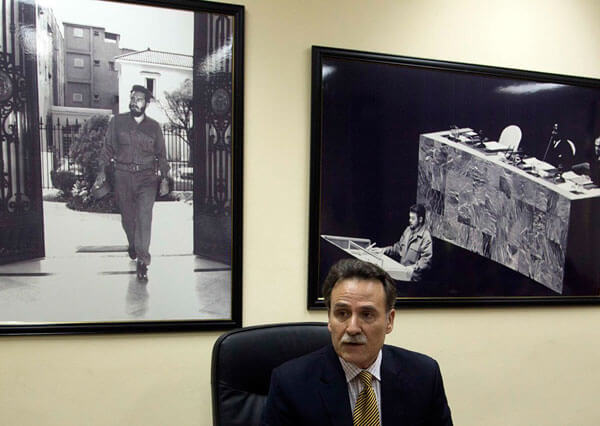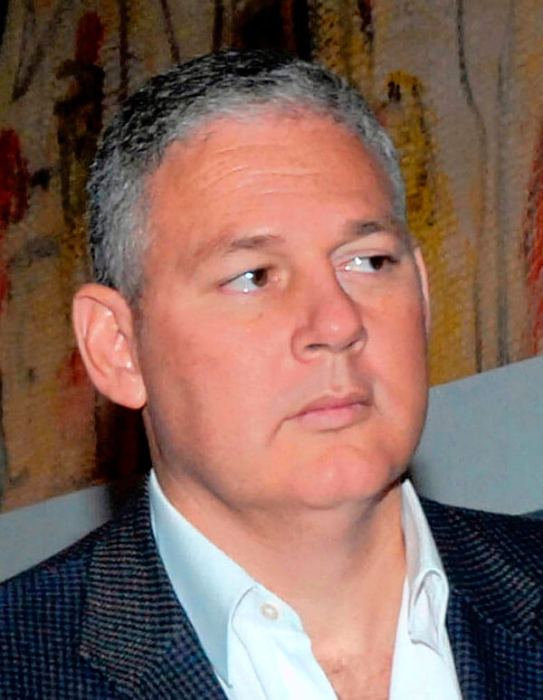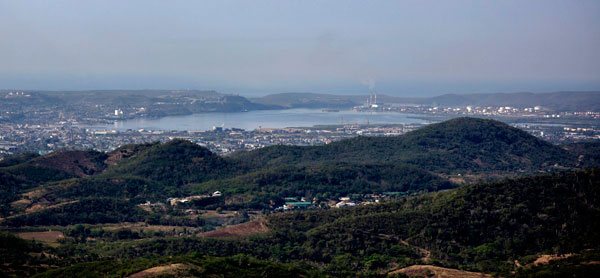Louis Charbonneau is United Nations director, Human Rights Watch
UNITED NATIONS, Feb 25, 2020 (IPS) — United Nations Secretary-General, Antonio Guterres has long needed to overhaul his approach to human rights. Hopefully his call to action announced in Geneva yesterday is the start of something new.
Guterres’ low-key approach to human rights may have been calculated to avoid conflicts with big powers like the United States, Russia, China, and Saudi Arabia. But human rights groups and former senior UN officials have criticized it for being ineffectual.
The secretary-general’s new initiative contains some excellent ideas. The link he makes between human rights and the impacts of climate change is crucial, and those who fight to protect the environment are increasingly at risk.
Forest defenders in Brazil and elsewhere are threatened, attacked, and killed by those who seek to benefit from the forests’ destruction. And Guterres is right to highlight the risks posed by new technologies, whether it involves government surveillance, artificial intelligence, or fully autonomous weapons, so-called “killer robots.”
The test for any initiative is the implementation. No one is suggesting the secretary-general do everything alone. But he needs to lead by example.
That means publicly calling out rights abusers and advocating for victims. Human rights violations aren’t like natural disasters.
They are frequently planned and executed by government officials or their agents – whether it’s the mass arbitrary detention of Uyghurs in China, Myanmar’s ethnic cleansing campaign against Rohingya Muslims, indiscriminate Russian-Syrian bombing of civilians in Idlib, or the forced separation of children from their parents at the US border.
It also means using the authority of the secretary-general’s office to launch investigations and fact-finding missions when appropriate. That includes launching an inquiry into China’s massive rights violations in Xinjiang, and pressing for an international accountability mechanism on Sri Lanka.
The secretary-general should order a follow-up inquiry into the murder of Washington Post columnist Jamal Khashoggi to help determine whether Saudi Arabia’s top leadership ordered his slaying. He should also publicly release the findings of his inquiry into attacks on hospitals and other protected facilities in Syria, likely carried out by the Russian-Syrian alliance.
None of this is to say Guterres should abandon “private diplomacy” with governments. But he should re-emphasize public diplomacy on human rights at the UN. Human rights advocacy shouldn’t be the sole responsibility of High Commissioner for Human Rights Michelle Bachelet and her office.
The secretary-general should be the UN’s leading voice on human rights, not only working in the background.
Secretary-General Guterres has issued a call to action on human rights. Now it’s up to him to act.



























